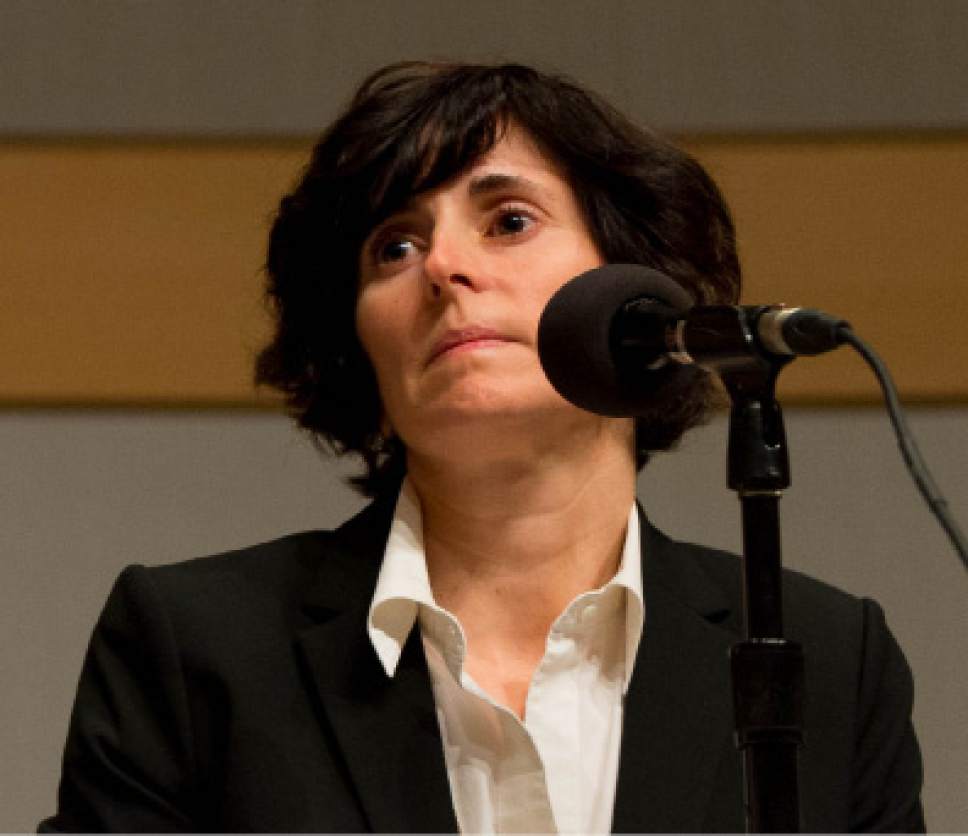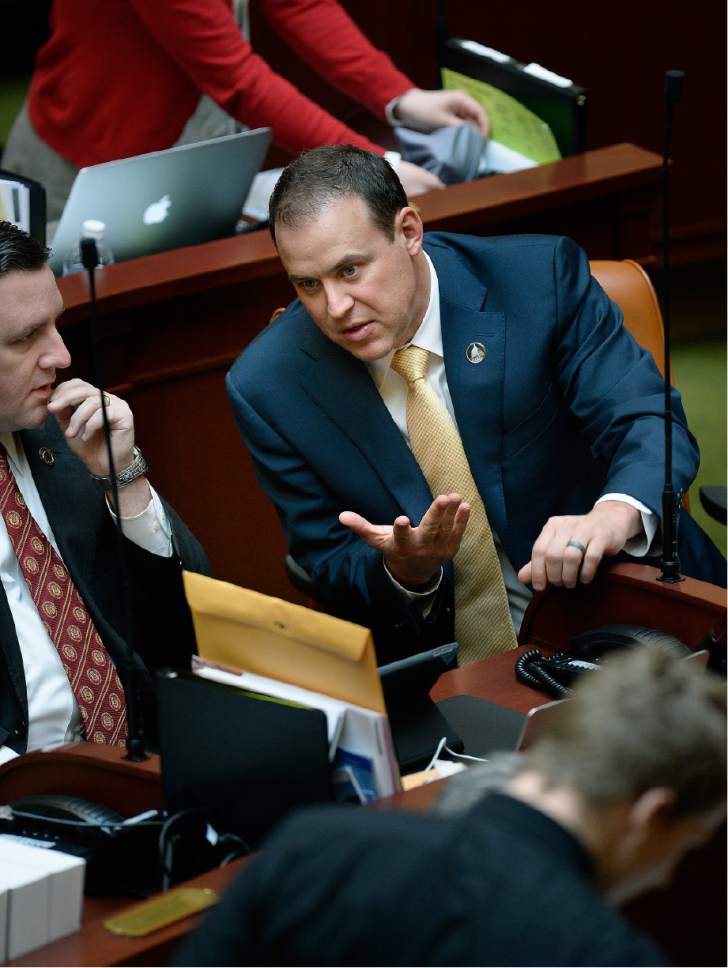This is an archived article that was published on sltrib.com in 2017, and information in the article may be outdated. It is provided only for personal research purposes and may not be reprinted.
In a rare move, the Utah Air Quality Board has joined with local advocates in calling on Gov. Gary Herbert to veto a bill that would bar the state from regulating the burning of wood to cook food.
According to a letter to the governor, HB65 "would directly limit the board's ability to approve future air-quality regulation and enforce existing regulations" and "would prevent the board from developing sensible and science-based rules." The eight-member board, which includes local government officials, industry leaders and environmental advocates, approved the letter unanimously.
The bill, passed by the House and Senate, would require the Division of Air Quality to permit wood burning, even during mandatory no-burn days, if the fire was used to cook.
The Air Quality Board has not typically weighed in on recently passed legislation. Stephen Sands, the board's chairman, said the board has not asked the governor for a veto in at least a decade. But in this case, he said, the board felt it was necessary to act in light of the state's difficulty in meeting federal air quality standards.
The EPA proposed to list Logan, Provo and Salt Lake City as "serious" nontattainment areas in December, a year after those communities failed to come into compliance with federal air quality standards for short-term concentrations of fine particulate pollution.
Sands, who represents Kennecott and the state's other mining interests on the board, said he thought it was unwise to take food-related emissions off the table in the wake of a serious air quality designation.
Utah is going to be required to adopt new regulations, said Kerry Kelly, vice-chairwoman for the Utah Air Quality Board representing the University of Utah. If the state is barred from looking at all options, she said, "that limits our ability to identify the most cost-effective strategy" because the required reductions will have to come from other sources.
If the bill stands, she said, "basically anyone the Division of Air Quality wanted to approach about burning could simply claim to be cooking something. That would make wood-burning restrictions basically unenforceable."
But the bill's sponsor, Rep. Mike Schultz, R-Hooper, said he was puzzled by the opposition.
"We worked with the Division of Air Quality early on and asked their opinion of it," he said, "and they said they were fine with it because it didn't really make any changes."
Attempts to reach division director Bryce Bird for comment were unsuccessful. Bird has stated in the past that his division remains neutral on the bill.
Schultz said he agreed to sponsor the bill, which was proposed to him by Traeger Grills, because he was not convinced backyard grills were responsible for Utah's air pollution problems. He said he was worried Utah residents would be stripped of their rights for something that amounted to little more than a "feel-good measure."
"My concern was that the Division of Air Quality or some group would push to stop backyard barbecuing," he said. "I feel people have a right to backyard barbecue."
But Kelly said that smoke from wood fires has shown up in air quality sensors at the University of Utah. And Sands disagreed that the legislation did not do anything to change state regulations.
"I think there was a subtle but important language change," he said. "We are now precluded from looking at cooking food all the time, not just in an emergency, like it used to say. I feel like it takes wood burning for food preparation out of the mix."
Twitter: @EmaPen





